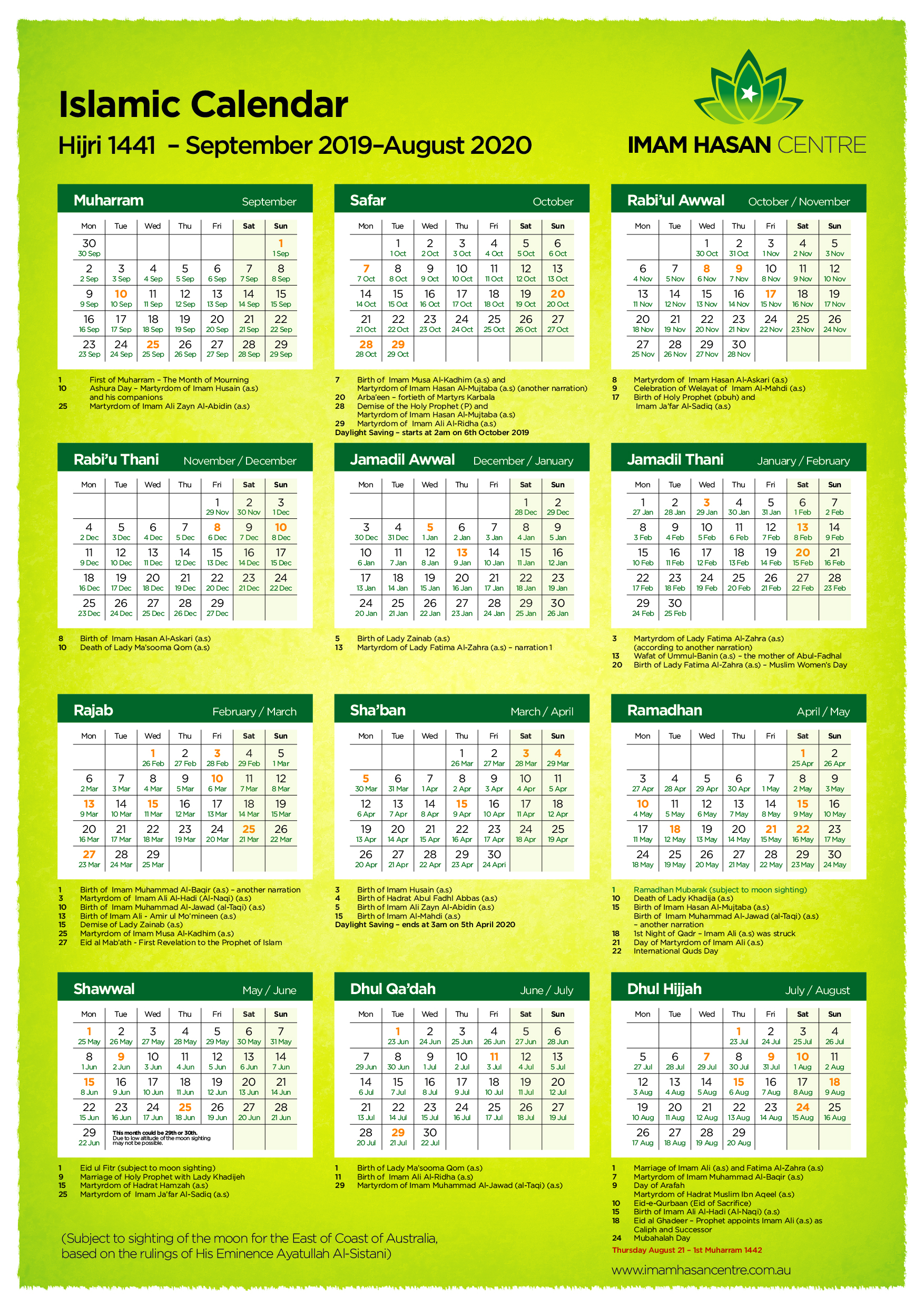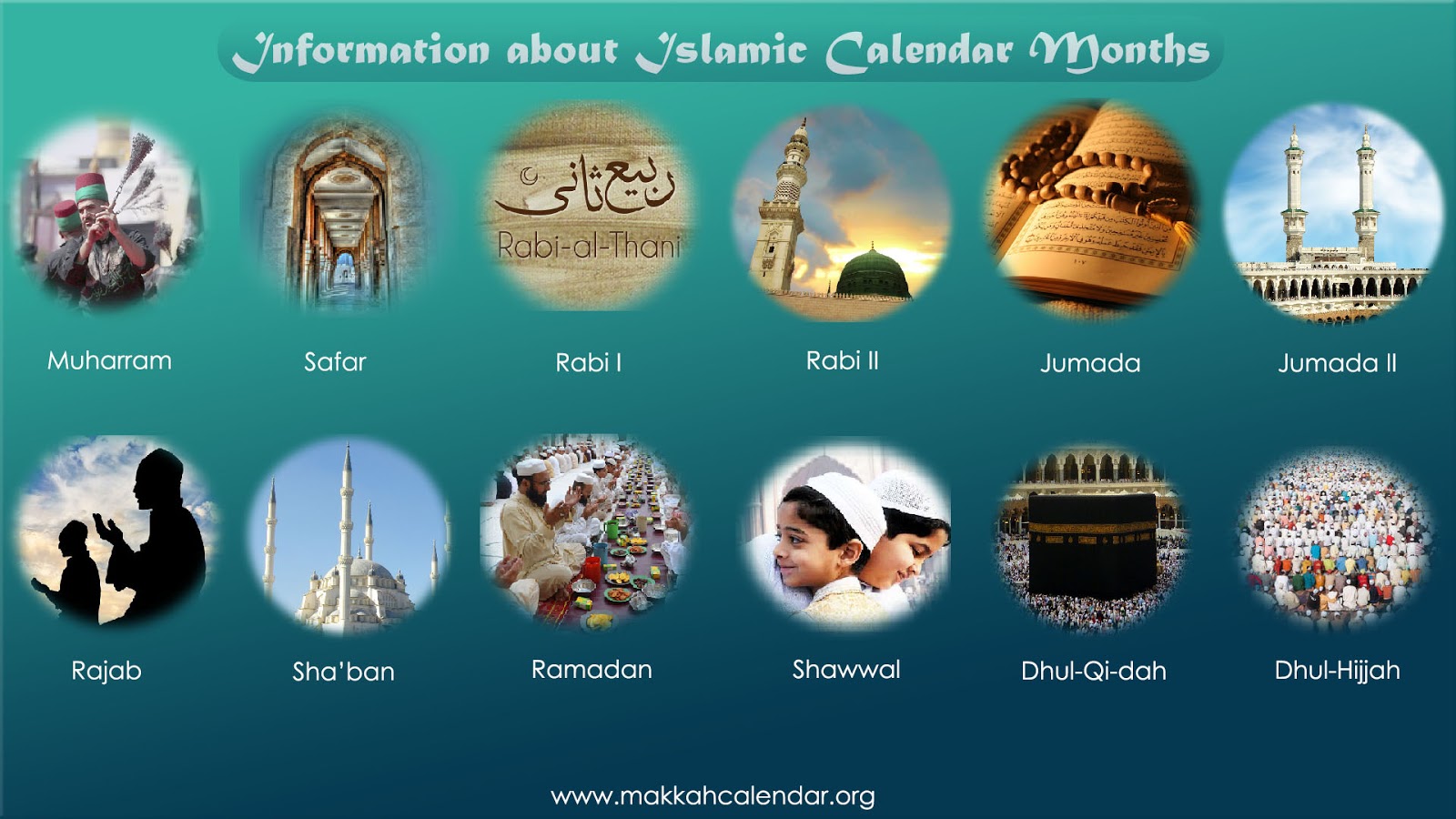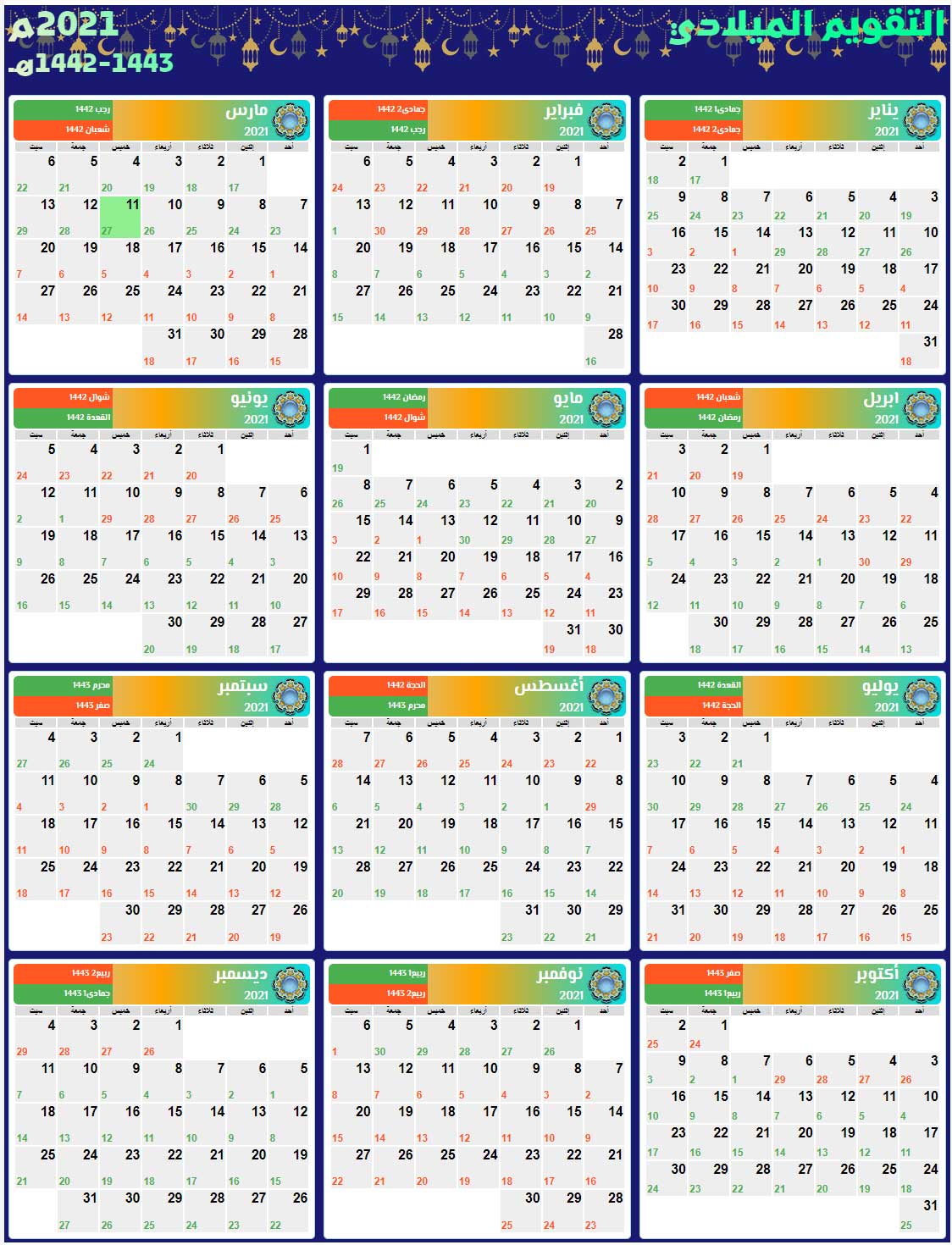
The moon has never been an object of worship for Muslims, though it was an object of worship among Arabs before the rise of Islam. 2021 corresponds to the lunar Muslim year of 1442 – 1443 AH (anno hijira) since the beginning of the Muslim calendar.Īlthough the moon symbol is strongly associated with Islam, it was not until the rise of the Ottoman Empire that this association began (crescent moon, and sometimes a pointed star). The Muslim numbering for years starts with Mohammed’s fleeing Mecca to live in Medina in AD622 - an event called the Hegira or Hijira (flight). The present Muslim day of rest is youm al-jum`a (day of assembly), which corresponds to the Muslim day of mosque-centered worship (Friday).Ī Muslim day, like a Jewish day, starts at sunset on the evening before the next day this follows the biblical idea found in Genesis, “And there was evening and there was morning, one day.” There is also a Sabbath day in the Muslim week (the seventh day), which certainly has Jewish roots, although its original significance has been lost. The first day of the week is Sunday, which is called youm (day) al-ahad (the first). youm al-arba`a’ (fourth day) - Wednesday.youm ath-thalatha’ (third day) - Tuesday.The following is the list of the days of the week used specifically by Arabs and in Islamic nations in general. The names of the days of the week in the Arab or Muslim calendar have obvious origins from Jewish and Christian influence in Arabia. Unlike the Gregorian (or Julian) calendar which is based on solar months, the Islamic calendar is based on lunar months One turn of the moon around the.

The Jewish calendar was specifically based on the lunar cycle. In the Bible it is written that God said, “Let there be lights in the expanse of the heavens to separate the day from the night, and let them be for signs and for seasons and for days and years” (Gen 1:16). The Islamic (Hijr) calendar is the standard measure of time in the Qur’an and Sunnah, 1 and plays an integral role in the lives of Muslims.It is used for annual ritual worship such as paying the alms-tax (zakh), fasting during the month of Ramadan, and performing the pilgrimage (ajj). Western urban dwellers hardly relate to the possibility of using the moon as a calendar reference, yet for many peoples around the world, the lunar cycle is still the prevailing way of following and calculating time. The Ramadan month will therefore shift each year until eventually (after 33 years) it will have cycled through a whole (Gregorian) year. The Muslim calendar year is 354 days long and “lags behind” each year by 11 days compared to the Western “Gregorian” Calendar.

Dhu-al-Hijjah: is named so because the Arabs used to perform Hajj during that month.This month of Ramadan is determined by the Muslim lunar calendar (corresponding to the lunar cycle from one crescent moon to the next). Dhu-al-Qi`dah: refers to Arabs decline to go out fighting their enemies as the early Arabs used to call it a sacred month.ġ2. Shawwal: The name Shawwal is derived from the Arabic word ‘tashawwala’, which refers to the scarcity in she-camels’ milk.ġ1. Ramadan time used to coincide with that extreme climate of heat in the Arab Peninsula, and that is why it is called Ramadan.ġ0. Ramadan: The word Ramadan is derived from ‘Ar-ramda’ which refers to extreme heat. It is said that Sha`ban takes such a name because the Arabs used to go in different directions fighting their enemies.ĩ. Sha`ban: The Arabic word Sha`ban is derived from the word ‘tash`aba’, which means to go in different directions. The Arabs used to sanctify the month of Rajab by putting a halt to fighting during that month.Ĩ.

Rajab: is derived from the Arabic word ‘rajaba’ which means to ‘sanctify’ something. Jumada al-‘Ukhra: is named so because it coincides with winter time.ħ. Jumada al-‘Ula: The Arabs named it so because water gets frozen at winter time, and that coincides with the time of Jumada al-‘Ula.Ħ. Rabi` al-Akhar: is named so because it usually coincides with the winter time.ĥ. Rabi` al-Awwal: is named so because it usually coincides with the spring time.Ĥ. It is also said that they used to leave their homes to escape summer heat.ģ. Safar: is named so because the Arabs used to leave their homes during that month as they used to set out to fight their enemies. Muharram: is named so because the Arabs used to prohibit fighting during it.Ģ. In what follows we will try to shed some light on some of those causes:ġ.

Indeed, there are many causes behind naming months of the Islamic calendar as such.


 0 kommentar(er)
0 kommentar(er)
